Every country would have done what Israel is doing now; it is called self-defense, according to Josef Olmert.
Violence in Gaza has escalated. Operation Protective Edge, which began on July 8, has transformed into an Israeli ground invasion in one of the most densely populated areas in the world. At the time of writing, over 650 Palestinians, including women and children, and 31 Israelis — 29 soldiers and two civilians — have been killed. Gaza has been hit by thousands of Israeli airstrikes, while Palestinian rocket fire into Israel has not come to a halt.
Beyond the urgent need for humanitarian relief in Gaza, questions arise over the future of a peace agreement between Israelis and Palestinians. In this interview, Fair Observer’s Manuel Langendorf talks to Josef Olmert, an Israeli professor at the University of South Carolina.
Manuel Langendorf: You have personally been involved in past negotiations for the Israeli government. How will the renewed fighting influence the Israeli and Palestinian positions with regard to peace talks?
Josef Olmert: The peace process between Israelis and Palestinians will not be resumed soon. For negotiations to start again, the current fighting should lead to three results which, if achieved, could provide a basis for a resumption of talks.
First, Hamas should be destroyed militarily in Gaza, and be ousted from its position of dominance there. The military defeat of Hamas should be complete and unconditional.
Second, Egypt, Saudi Arabia, Jordan and the Palestinian Authority (PA) should jointly come up with a coordinated initiative to replace Hamas once defeated. This would include allowing funds to be channeled into the Gaza Strip and start its reconstruction — not for buying more rockets and investments in military infrastructure, but by rebuilding and helping the poor and needy there. They are the real victims of the Hamas aggression.
This initiative should be supported by the European Union, the United States and oil-rich countries such as the United Arab Emirates and Qatar, provided the latter renounces its destructive role and tries to moderate Hamas rather than instigate it. There should be a reliable international supervision of the money given to Gaza to prevent it from being used to reestablish Hamas’ military infrastructure, and rather ensure that it goes to the Palestinian people in need, including for building permanent housing for those living in refugee camps.
Third, Israel, if it defeats Hamas — as it should and hopefully will — will have to be flexible and conciliatory in talks with the PA. Binyamin Netanyahu will face opposition to such an approach from within Likud, and from Avigdor Lieberman and Naftali Bennett. If Netanyahu emerges from the current campaign victoriously, he could stand up to these pressures and try to establish an alternative coalition or call early elections.
All this is easier said than done and the difficulties are enormous, but not impossible to overcome. Will they be overcome? I doubt it and this is regretful.
Langendorf: As with past military offensives on Gaza, Israel is being heavily criticized for shelling one of the most densely populated areas in the world. On July 16, four Palestinian boys were killed in an Israeli airstrike on a beach in Gaza. UN High Commissioner for Human Rights Navi Pillay stated the following, in reference to reports about civilian casualties: “Such reports raise serious doubt about whether the Israeli strikes have been in accordance with international humanitarian law and international human rights law.” What do you say to such criticism?
Olmert: Gaza is a very densely populated area, but it also has the largest concentration of aggressive weapons such as rockets and missiles all aimed at Israel. When thousands of these weapons are being used, there is no other option but to destroy this infrastructure. Every country would have done what Israel is doing now. It is called self-defense.
Navi Pillay represents all that is bad in the UN when dealing with Israel: hypocrisy and double-standard. No one in Israel cares about what this woman has to say.
Hamas should be destroyed militarily in Gaza, and be ousted from its position of dominance there. The military defeat of Hamas should be complete and unconditional.
— Josef Olmert
Any killing of civilians is regrettable, and my heart is torn over the four Palestinian boys who were killed by mistake. My heart also bleeds over my baby grandchildren in Tel Aviv, who spend so much time in shelters. What is the UN doing to protect the lives of innocent Israeli civilians? What about a UN inquiry on Hamas’ use of civilians as human shields? Well, to be fair, the United Nations Relief and Works Agency (UNRWA) admitted that 20 rockets were found in a school.
Israel does not even use a significant portion of its military power, exactly because it wants to minimize unnecessary civilian casualties. Hamas is committing a major war crime by shooting from a populated area, and by firing intentionally and indiscriminately — mostly at civilian targets. Israel will have to investigate every allegation of war crimes, and put people to justice if such cases are found. Will Hamas do the same?
Langendorf: Let us talk about the impact of all this on Israeli domestic politics. While Prime Minister Binyamin Netanyahu’s security cabinet has accepted an Egyptian proposal for a ceasefire, Foreign Minister Avigdor Lieberman and Economy Minister Naftali Bennett voted against it. Lieberman stated: “Israel must go all the way.” Netanyahu is under a lot of pressure from various sides at present. How do you think the current conflict will shape Israeli politics, in particular the government coalition?
Bennett and Lieberman may gain politically, but only if the Israeli public also feels that this operation ends with indecision. Netanyahu has no majority in his own party for political concessions, and he would be clobbered if the campaign ends unsatisfactorily. Bennett and Lieberman vie for the leadership of the right wing, but the prime minister is still formidable politically; surely as long as he is supported by the highly respected defense minister, Moshe Ya’alon. Bennett and Lieberman are not yet taken seriously as mature candidates for national leadership.
The views expressed in this article are the author’s own and do not necessarily reflect Fair Observer’s editorial policy.
Support Fair Observer
We rely on your support for our independence, diversity and quality.
For more than 10 years, Fair Observer has been free, fair and independent. No billionaire owns us, no advertisers control us. We are a reader-supported nonprofit. Unlike many other publications, we keep our content free for readers regardless of where they live or whether they can afford to pay. We have no paywalls and no ads.
In the post-truth era of fake news, echo chambers and filter bubbles, we publish a plurality of perspectives from around the world. Anyone can publish with us, but everyone goes through a rigorous editorial process. So, you get fact-checked, well-reasoned content instead of noise.
We publish 2,500+ voices from 90+ countries. We also conduct education and training programs
on subjects ranging from digital media and journalism to writing and critical thinking. This
doesn’t come cheap. Servers, editors, trainers and web developers cost
money.
Please consider supporting us on a regular basis as a recurring donor or a
sustaining member.
Will you support FO’s journalism?
We rely on your support for our independence, diversity and quality.


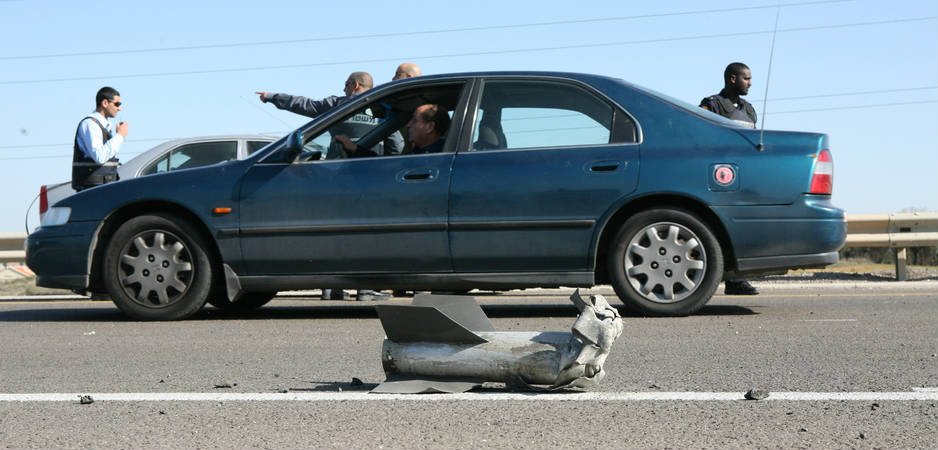

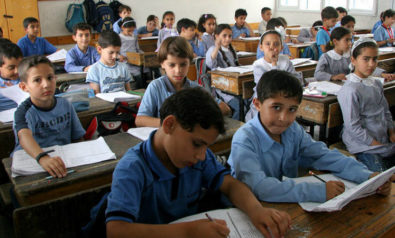

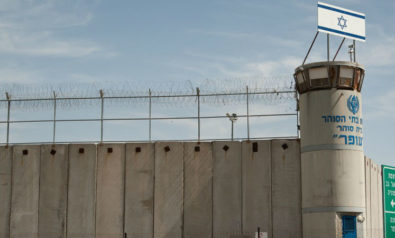

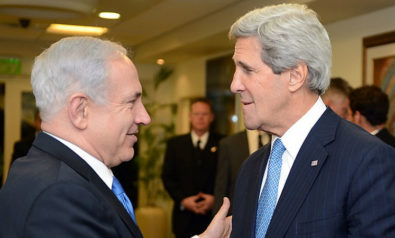
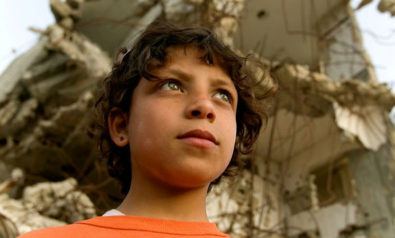

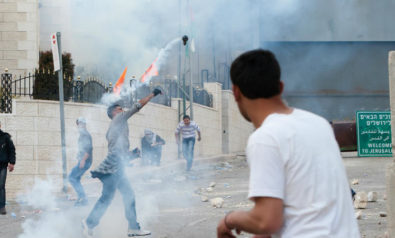
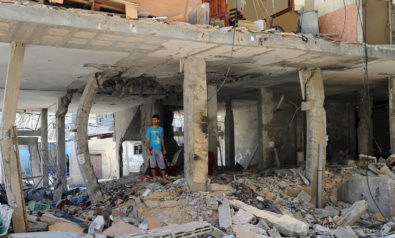

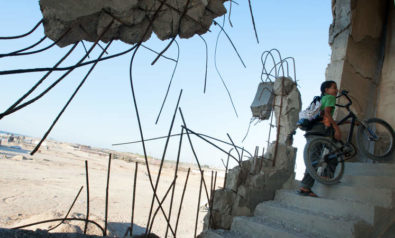





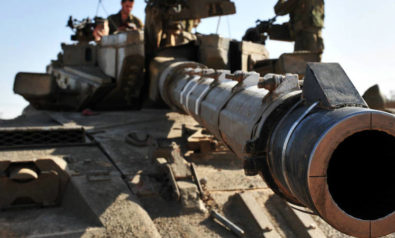
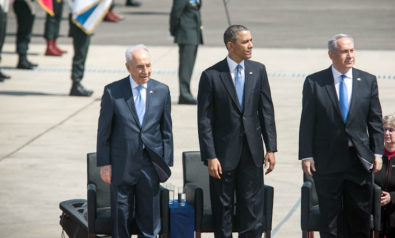


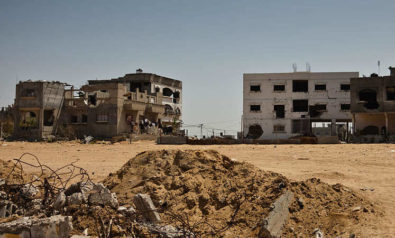

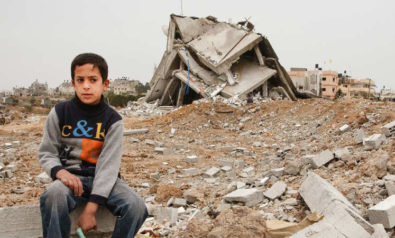
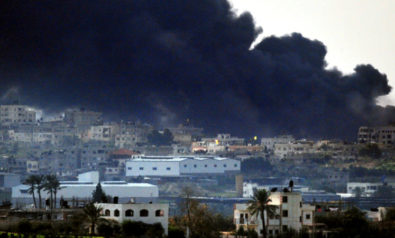
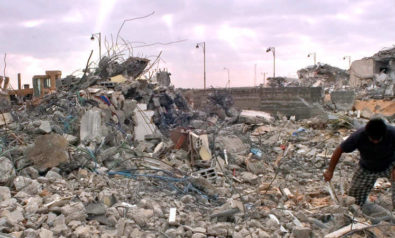
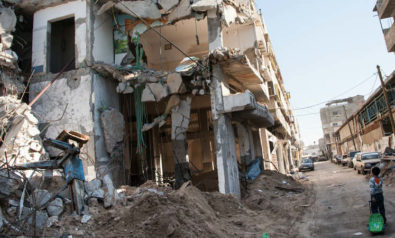


Comment